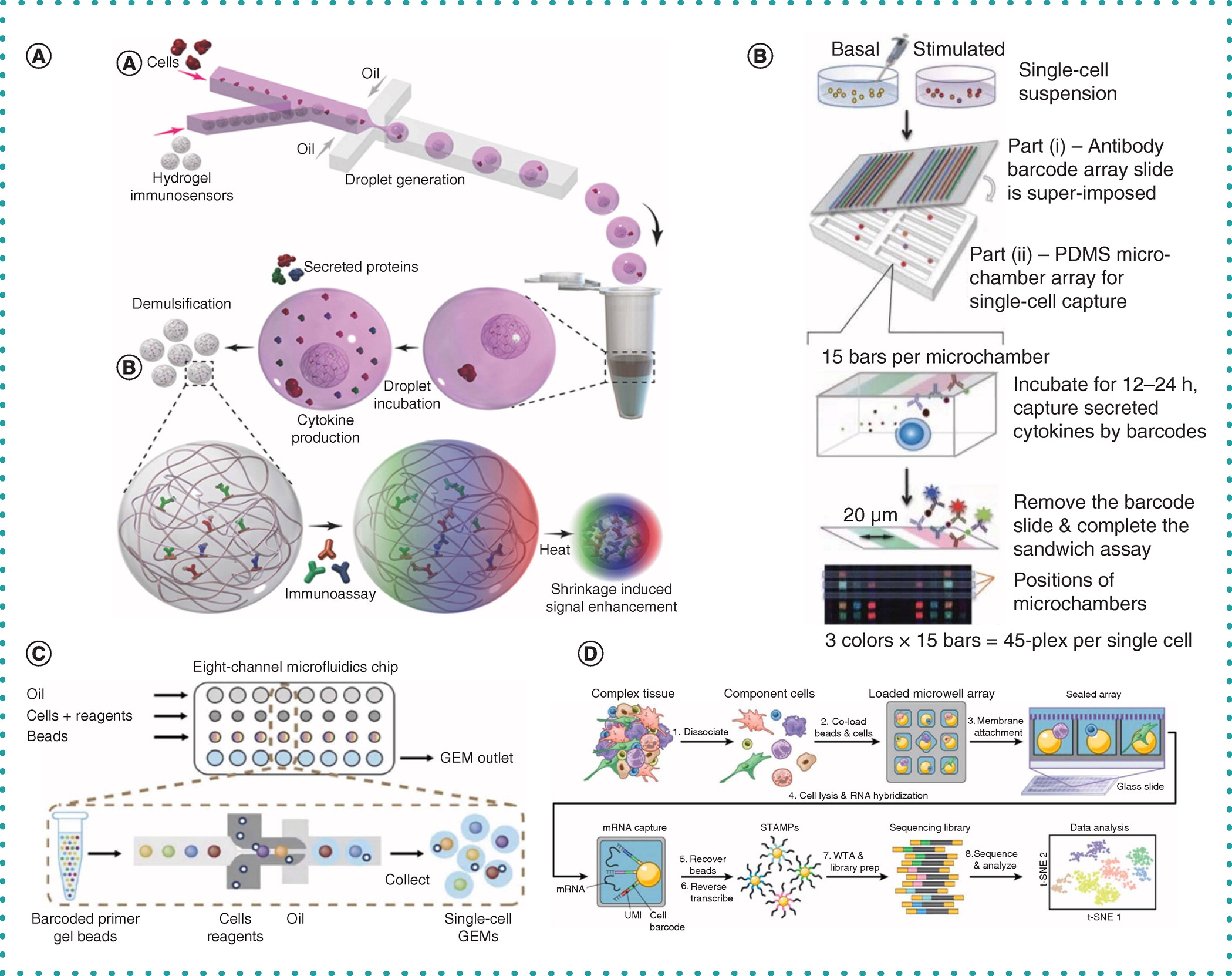
.jpg)
However, although recent attempts to standardize have been made, fixation and storage conditions of clinical specimens are still extremely variable and can affect the success of chromatin studies. The application of ChIP to genome-wide chromatin studies using real archival samples represents an unprecedented opportunity to conduct retrospective clinical studies thanks to the possibility of accessing large cohorts of samples and their associated diagnostic records. Recently, new chromatin immunoprecipitation (ChIP) techniques have been developed to allow the analysis of histone post-translational modifications (PTMs) and transcription factor (TF) distribution in FFPE tissues. Formalin fixation and paraffin embedding (FFPE) is the gold standard to preserve both tissue integrity and organization, and, in the last decades, a huge number of biological samples have been archived all over the world following this procedure. The awareness of such alterations could improve our understanding of cancer dynamics and the identification of new therapeutic strategies and biomarkers to refine tumor classification and treatment.

Cancer cells accumulate epigenomic aberrations that contribute to cancer initiation and progression by altering both the genomic stability and the expression of genes.


 0 kommentar(er)
0 kommentar(er)
